-
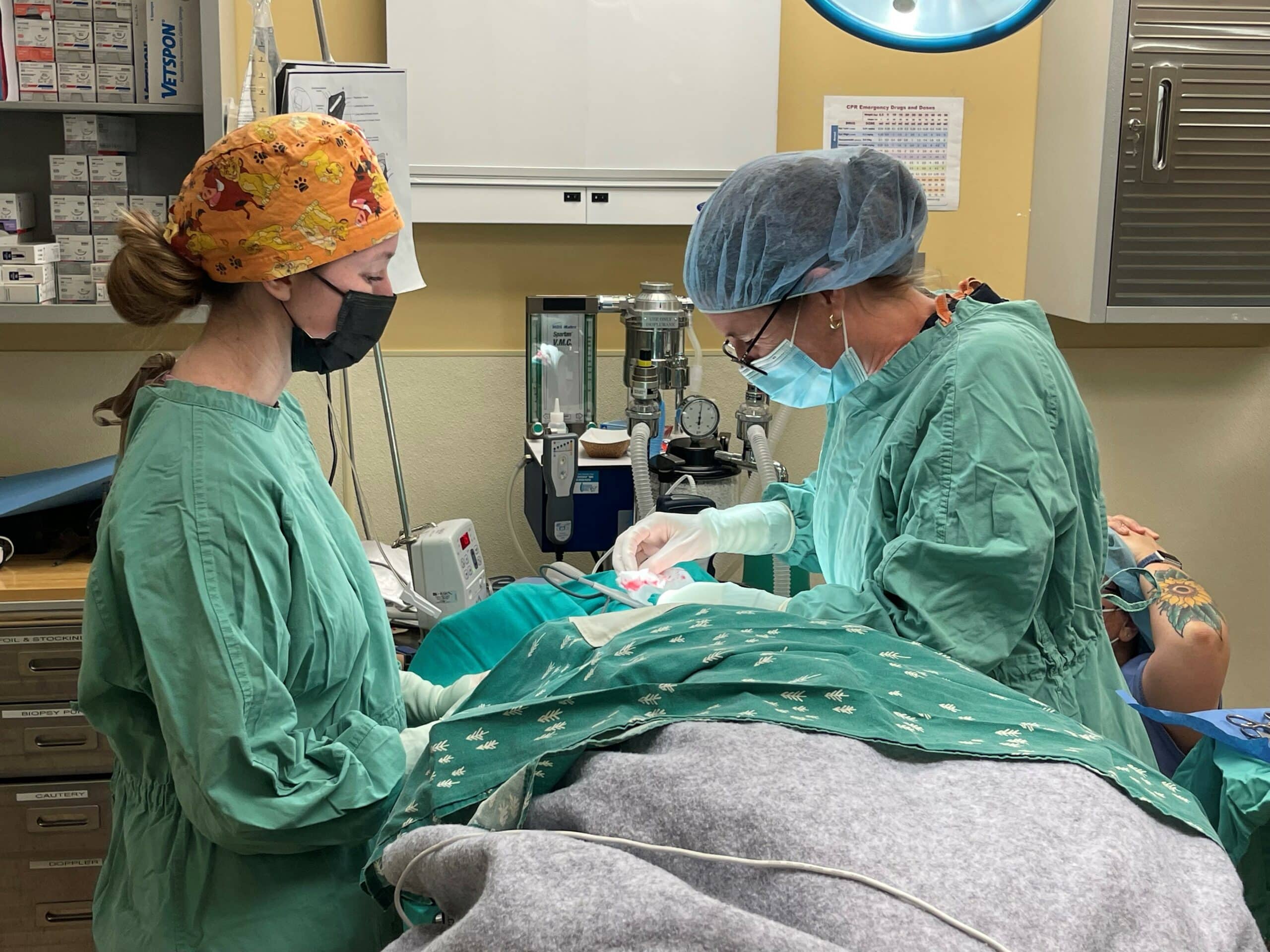
New Program to Address Vet Tech Shortage
New Pilot Program Launched to Address Veterinary Technician Shortage Thanks to Maddie’s Fund® Two Bay Area national animal welfare leaders, the Animal Rescue Foundation (ARF) and Maddie’s Fund®, marked National Vet Tech Week by announcing a partnership to address critical …
-

End-of-Life Care, Pet Loss, and Grief Support
When your pet is no longer able to live pain-free and with dignity, it may be time to think about humane euthanasia. The following organizations offer low-cost end-of-life services for pets. The requirements for assistance vary, so please review the …
-
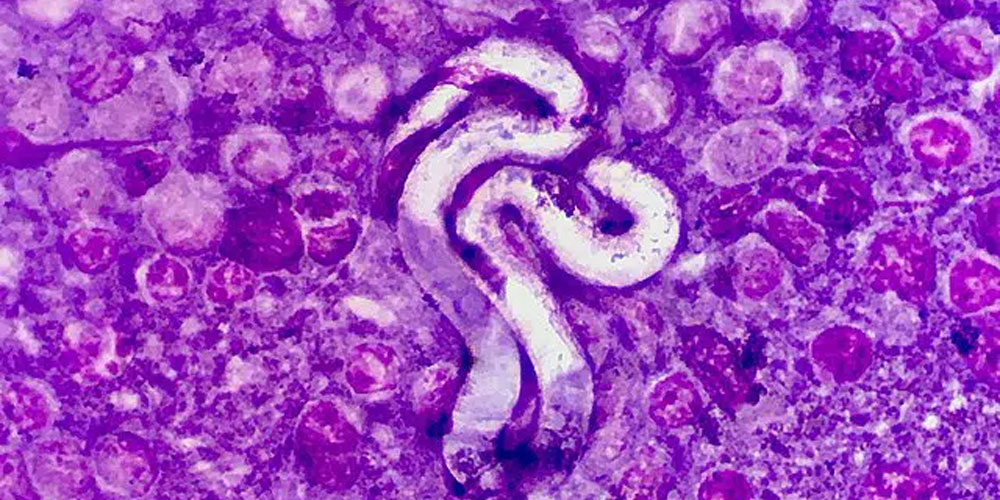
Fostering a Dog with Heartworm
Heartworms are worms that live in the heart and lungs of infected animals. Heartworm larvae are spread via mosquito bites, and heartworm disease can lead to…
-
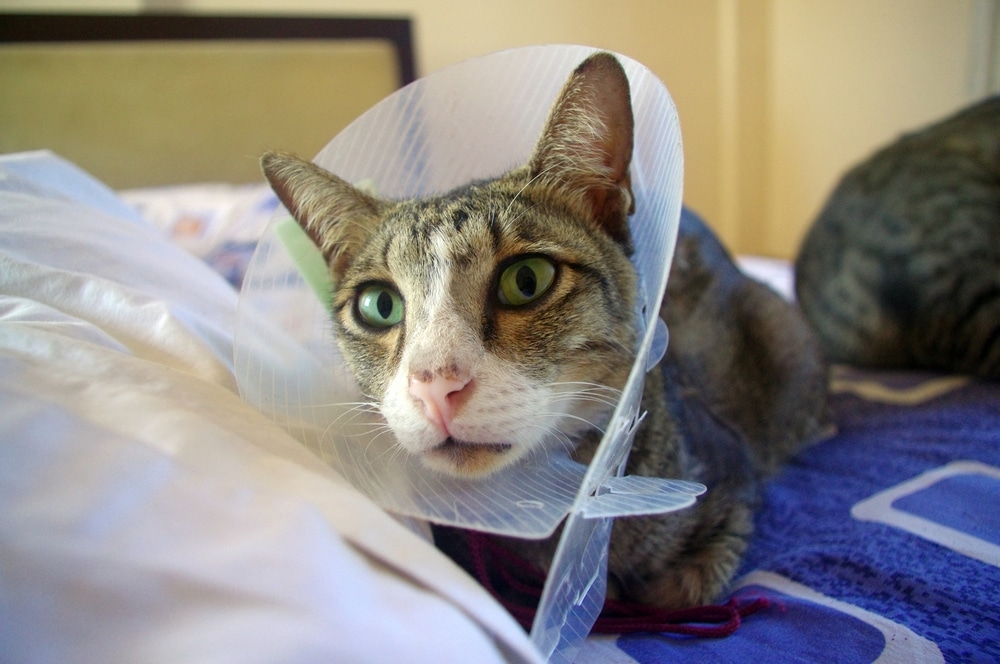
Post-Operation Instructions and Care
What to Expect After Surgery The dog or cat may be groggy and lethargic up to 24 hours after surgery/anesthesia. This is a normal effect of the pain medication they were provided, but if these symptoms continue and the foster …
-
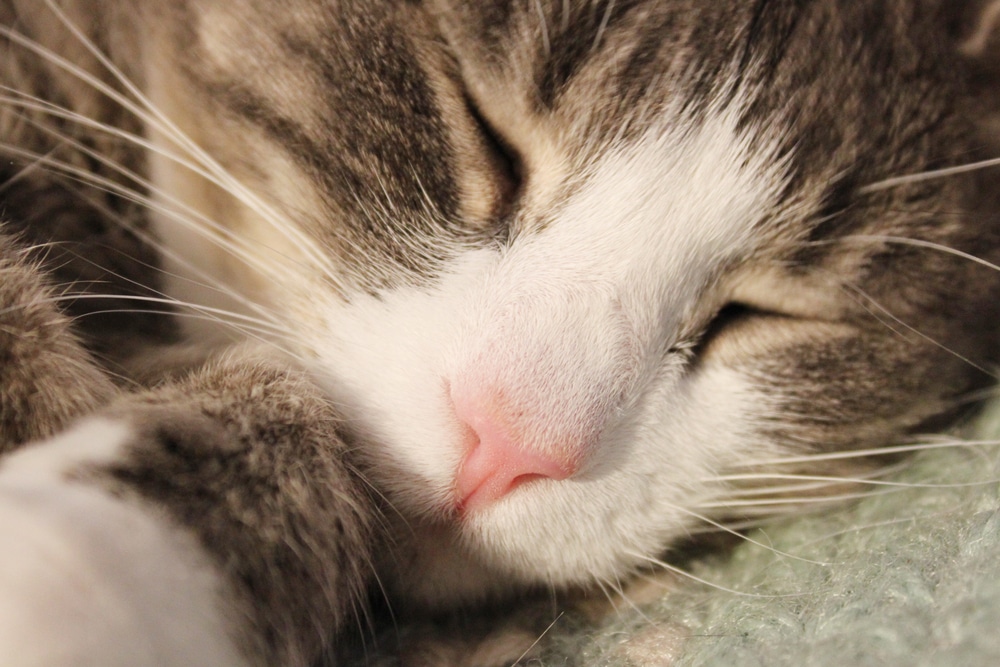
Common Post-Anesthesia Cat Behavior
Occasionally after surgery, cats and kittens can have an adverse behavioral reaction to anesthesia. Behaviors you may see include, but are not limited to: hissing, growling, and swatting and may be towards people or other animals including their family members. …
-

All About Feline Leukemia Virus (FeLV)
What is Feline Leukemia Virus (FeLV)? How is FeLV Spread? FeLV is spread by close contact with other cats. The primary mode of infection is through saliva—mutual grooming, fighting, and (rarely) sharing dishes can transmit infection. An infected mother cat …
-

Feline Immunodeficiency Virus (FIV) FAQ
FIV stands for Feline Immunodeficiency Virus. This virus is in the same family of viruses as FeLV (Feline Leukemia Virus). They are both retroviruses. But the subfamily of FIV is different: It is a lentivirus (or “slow virus”). The other familiar lentivirus to all of us is HIV, which causes AIDS in humans. So, humans are not alone in having a virus that affects the immune system.
-
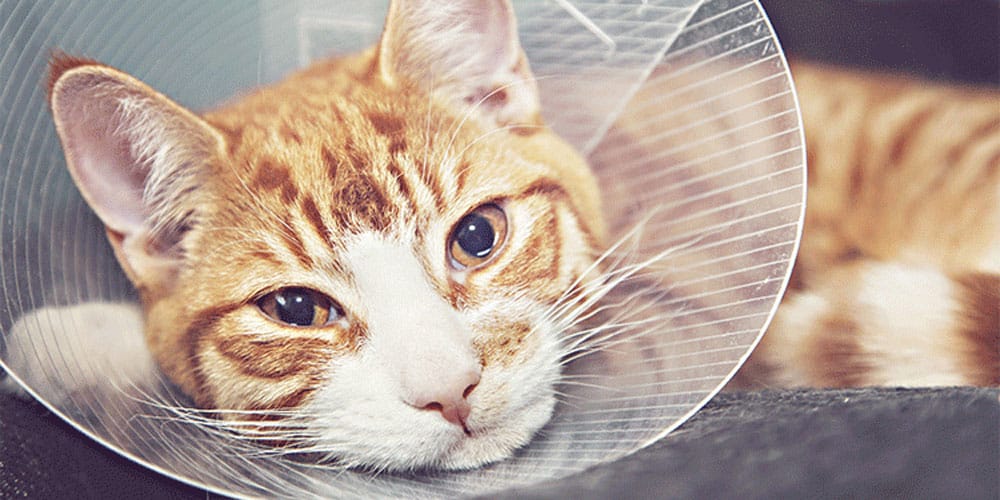
Financial Assistance for Veterinary Care
The following organizations offer low-cost veterinary care and financial assistance. The requirements for assistance vary, so please review the requirements for each individually. These businesses/programs were compiled as a courtesy and are neither endorsed, nor guaranteed, by the Animal Rescue …
-
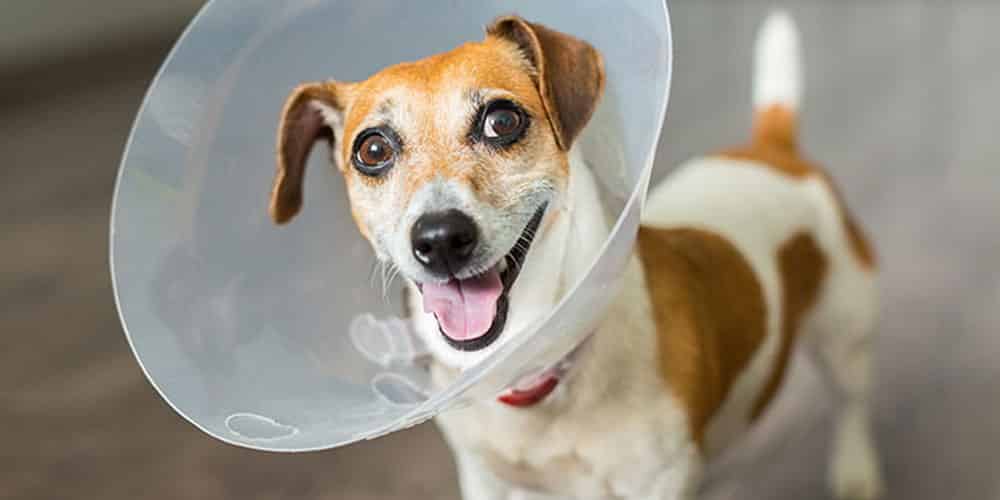
Spay/Neuter Resources
The following organizations offer free or low-cost spay/neuter services. The requirements for assistance vary, so please review the requirements for each individually. These businesses/programs were compiled as a courtesy and are neither endorsed, nor guaranteed, by the Animal Rescue Foundation. …
-
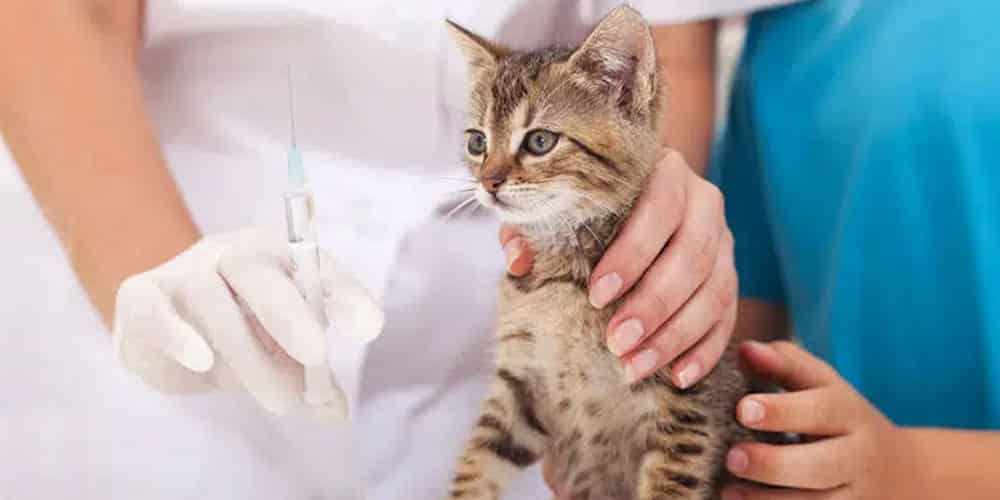
Vaccination Resources
The following organizations offer low-cost and/or free pet vaccinations. The requirements for assistance vary, so please review the requirements for each individually. These businesses/programs were compiled as a courtesy and are neither endorsed, nor guaranteed, by the Animal Rescue Foundation. …
-
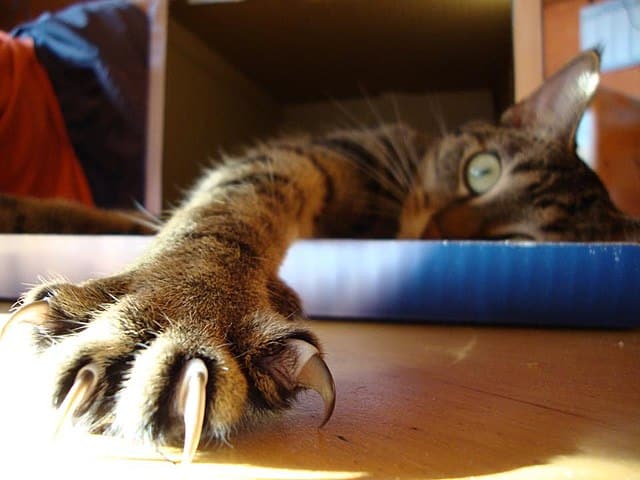
Cats Need Claws
Declawing is not the same things as a nail trim. A nail trim is just cutting off the very tip of a nail — it is not painful or extreme. In contrast to regular nail maintenance, the standard declawing procedure calls for the removal of three things: the claw, the cells responsible for growth at the base, and part or all of the terminal bone of the toe. The operation is usually performed on the front feet. The amputation is comparable to the removal of human fingers at the last knuckle. The cat experiences considerable pain in the recovery and healing process.
-

Adopting a Dog with Heartworm
Heartworms are worms that live in the heart and lungs of infected animals. Heartworm larvae are spread via mosquito bites, and heartworm disease can lead to lung damage and heart failure if untreated. Heartworm disease is easy to prevent with preventive medication available through your veterinarian. Once infected, however, elimination of heartworms is a lengthy process.
